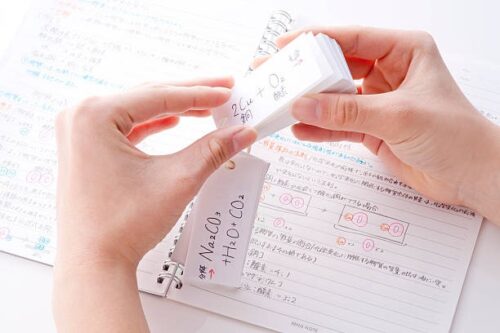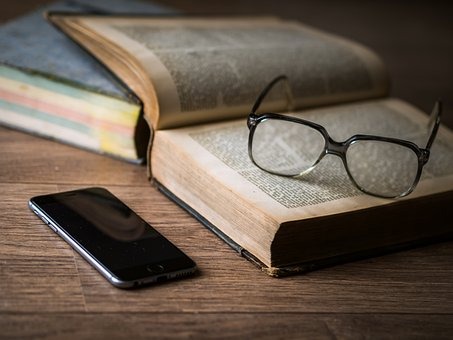Have you ever experienced studying for exams late in the evening and thought you got everything figured out, but then the results came, and you failed? If this is always the case, you may be doing it wrong. While cramming and studying all-nighters is a ritual you follow, it turns out to be bad for your overall health. Your reasoning and memory can suffer damage. With that, you might reconsider your studying habits and follow these study tips approved by an educational therapist.

Source: pixabay.com
Study In Sessions
You have to realize when it comes to studying that you have to do it smarter instead of longer. Studying for long periods of hours does not guarantee a perfect compilation of information since most of them will get lost in the way and fail to get through the parts of your brain. Instead, give yourself 20 to 30 minutes daily to study in chunks. It is the most effective method in retaining almost a hundred percent of the small piled information.
Your brain can only take up and encode synapses in short and repeated sessions, so spreading the lessons helps you understand them better. This is the reason why attending activity lessons such as piano, singing, dancing, swimming, biking, driving, and many more only requires a couple of hour/s and would have to be repeated daily for another week.
Study At A Specific Time
In some instances, retaining information is easy, especially when the brain is pumped up and at its peak mental strength. However, despite the ability to lock in those lessons, it is still hard to comprehend each or everything. With that, take into consideration to least study at a specific time of the day. Make it a habit to set a schedule to study to help prime your brain for better understanding.
The repetitive routine with a specific time will provide you with great results as studying will become easy and comfortable to do over time. Your brain will accept that it is its training in those moments and will absorb every bit of information.

Source: pixabay.com
Study With Flash Cards
Studies have shown that your constant habit of highlighting notes is an ineffective way of learning. It does not at all improve your understanding of the lesson, nor does not help you link key concepts together. Highlighting notes can somewhat become detrimental to your learning progress as it can divert your attention to less important information. That explains why you sometimes study with different things on your notes, and the exams turn out to be different.
Study experts suggest that instead of highlighting your notes or a few contexts in a book, using flash cards is proven more effective. It is a tool for analyzing topics, enriching vocabulary, and reinforcing memory. It focuses on a specific goal for each academic lesson. Flashcards are beneficial for cognitive development and are useful for immediate learning.
Study And Practice
Practice is one of the key factors that improve your study. It allows your brain to think critically and analyze situations based on rational context. Practice helps you identify the learning gaps from your error and eventually makes you aware of your knowledge. It helps your cognitive function to stick itself with a longer form of focus and concentration. Sometimes the process may be boring and exhausting, but it clears your head and shows you that there is always a better way to answer difficult questions.
Practice ensures the decrease of slow learning progress as it supports mental, physical, and emotional stimulation. It helps you set reasonable goals and harness your learning skills leading to better performance. It also enables you to understand yourself better and gives you time to reflect on the unnoticed things in your academic requirements.

Source: pixabay.com
Study Without Phone
This is a no-brainer, and perhaps you already know why. It is not the literal phone that is affecting the study session but the notifications from texts and social media. Your brain can only handle so much that when you get distracted by the pop-up sounds of your mobile device, your concentration and study enthusiasm eventually become lower. You desire to use your phone and eventually spend more time scrolling and watching videos than studying.
Yes, studying can sometimes be boring, and you need fresh air and a break from time to time. This is the right moment to use your phone for a couple of while. However, research suggests that to focus more, you need to move your phone away from your table to avoid overly utilizing it on your breaks.
Insights And Takeaway
Of course, it’s tough to handle the emotional and mental pressure of studying. Changes: But if you want to get good grades and better understand your lessons, you need to exert an effort in making the best study habit that benefits your development, or you can try taking advantage of a font choice on learning and retention. If you are having trouble following these routines or perhaps dealing with something else, seek help from an education therapist.